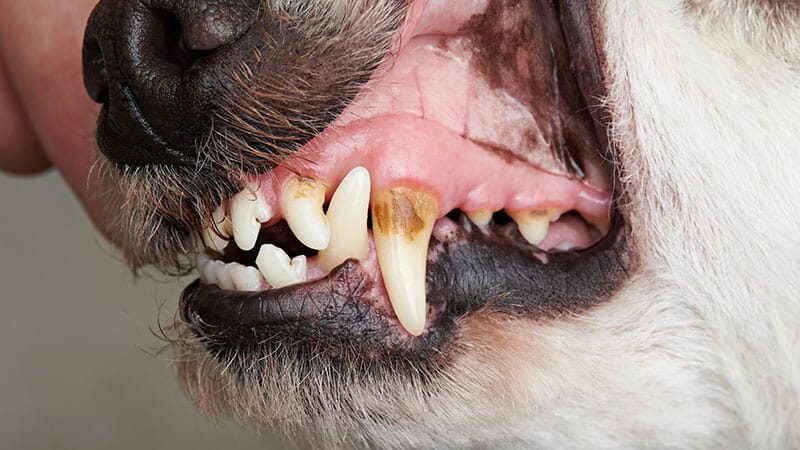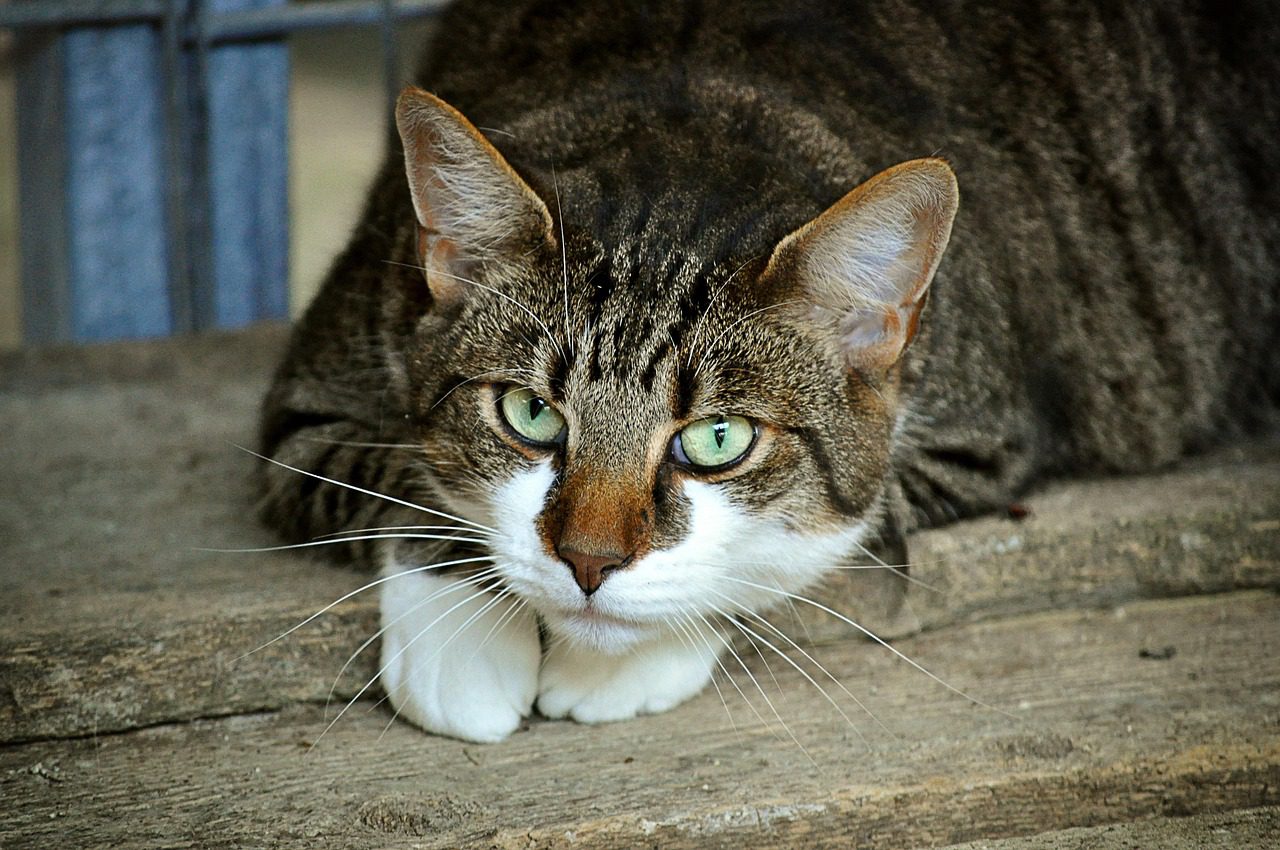Hibernation stations…
I’m a bit of a warm weather person, but living here in the UK, I have to cope with the winter. But there are some lucky creatures that get to sleep right through the cold weather.
Tortoises need very special conditions to stay healthy in a UK environment, and this includes a winter sleep, once they reach a certain size.
I find the concept of hibernation fascinating. It is such a gamble in evolutionary terms – the individual is so much at risk, when they are effectively shut down in cold weather with no defences against predators except an effective hiding place.
And yet, it has been a successful strategy in the wild. But it is a real challenge to mimic all the requirements for pet tortoises here in the UK successfully and safely. I have found the British Chelonian Group a really useful source of information to refer my tortoise owners to for special tips and support.
Probably the most important and unexpected details before hibernating is to not feed a tortoise for a couple of weeks before they are expected to settle for the winter. This is vital, otherwise recently ingested food cannot be digested as their metabolism slows down, and it just sits in the intestines, gradually rotting.
It is also critical that they are put into exceptionally safe but cool sleeping quarters, which are rat proof. It’s enough to cause me nightmares imagining what could happen if one fails to take that simple precaution.
What it must be like for another species that hibernates – hedgehogs – in winter is hard to imagine. Their numbers are dwindling dramatically here; could it be that they are not finding safe places to hibernate, as well as all the other challenges they face?
As autumn comes on, we should all be looking out for these adorable little British mammals. It would be a huge shame to see them disappear from our gardens, as they are brilliant at keeping slugs under control, as well as being so harmless and cute.
The Hedgehog Preservation Society website has some good ideas for helping them through winter, in particular to be very careful before strimming or setting light to a bonfire, that there are no beady eyed gentle little furry noses hiding inside. And if you are tidying up your garden for winter, leave a wild corner for them to snuggle up and spend the winter in.



